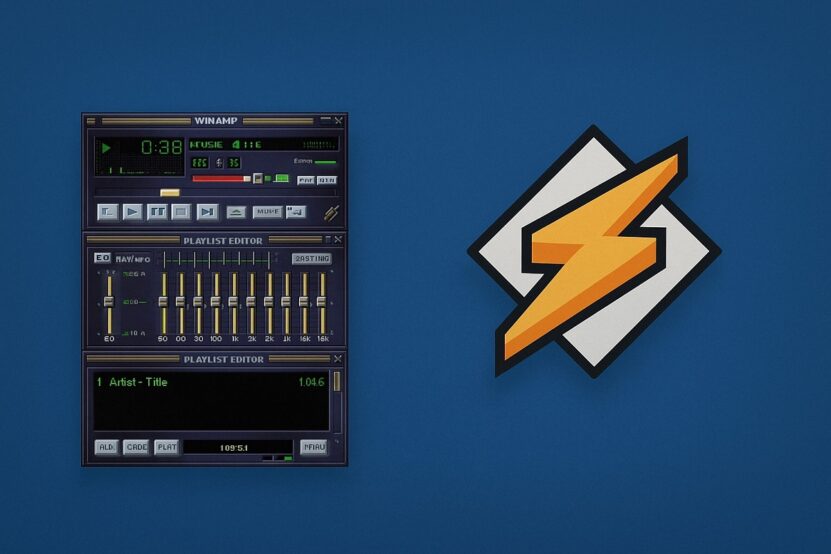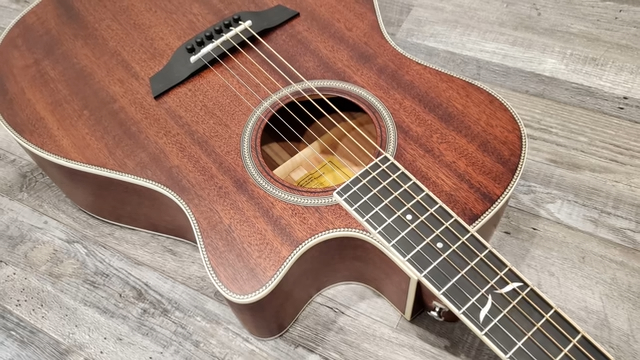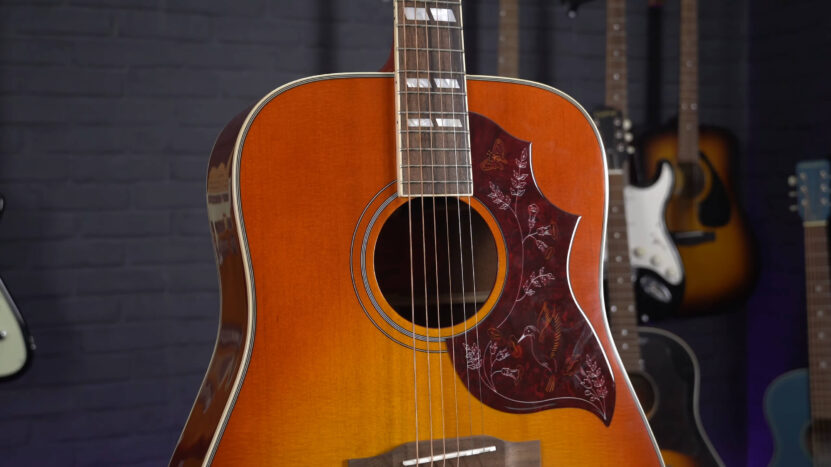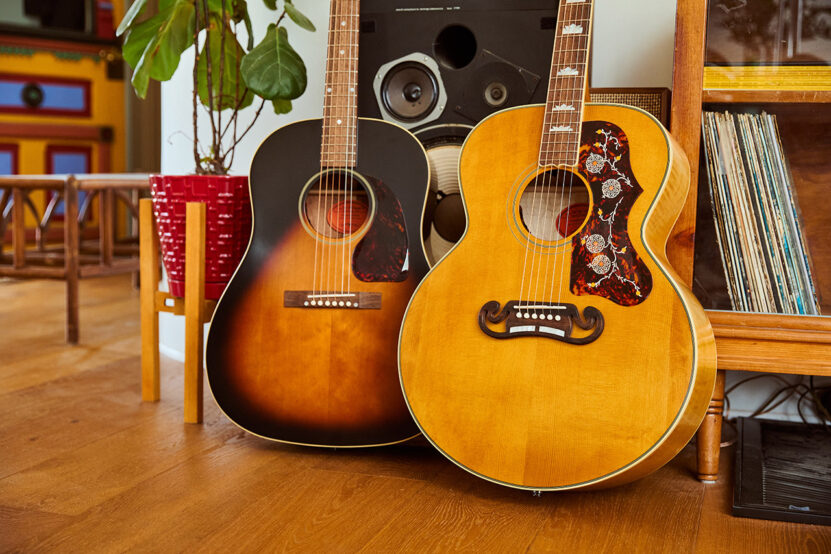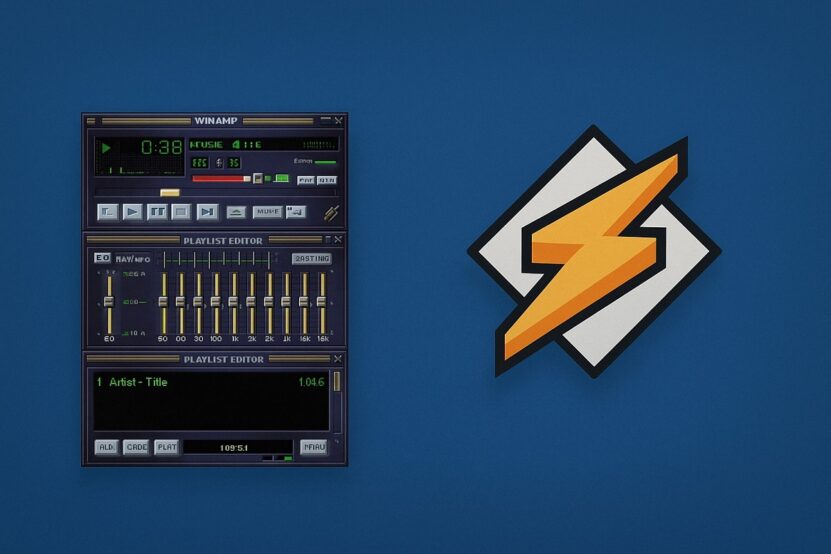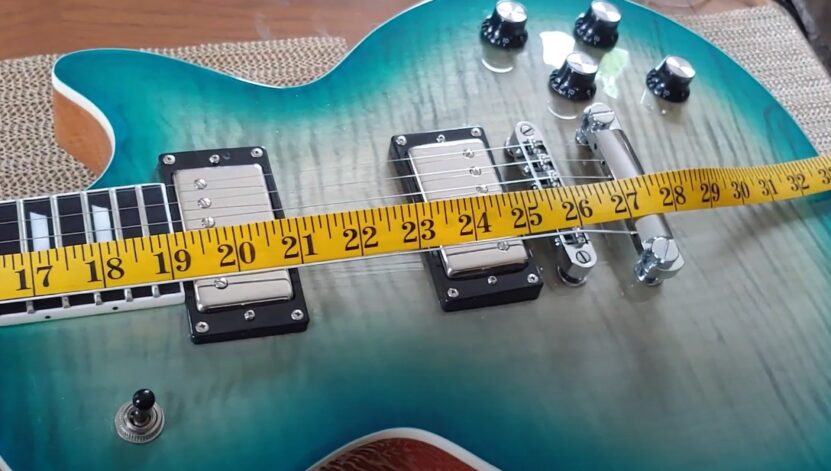
Share Post:
When we think about guitars, we usually focus on the body shape, wood type, or perhaps the brand. But there’s a less talked about aspect that plays a significant role in how a guitar feels and sounds: the scale length.
If you’ve ever wondered why two guitars that look similar can feel so different, scale length might be the secret sauce you’re missing. Let’s break it down and see why it matters so much for anyone who picks up an acoustic guitar.
What Is Scale Length?
Scale length sounds a bit technical, but it’s simply the distance between two points on your guitar: the nut and the saddle. The nut is that little piece at the top of your fretboard, and the saddle is where the strings rest on the bridge.
The length between these two points is where the magic happens—where the strings vibrate and produce sound. Most acoustic guitars come with a scale length somewhere between 24 inches to 25.5 inches, though you’ll find variations depending on the guitar type.
For example, a typical steel-string acoustic might have a scale length of around 25.4 inches, while classical guitars often hover around 25.6 inches. It’s not a huge difference in numbers, but when you play, it’s a whole different story.
Why Does Scale Length Matter?
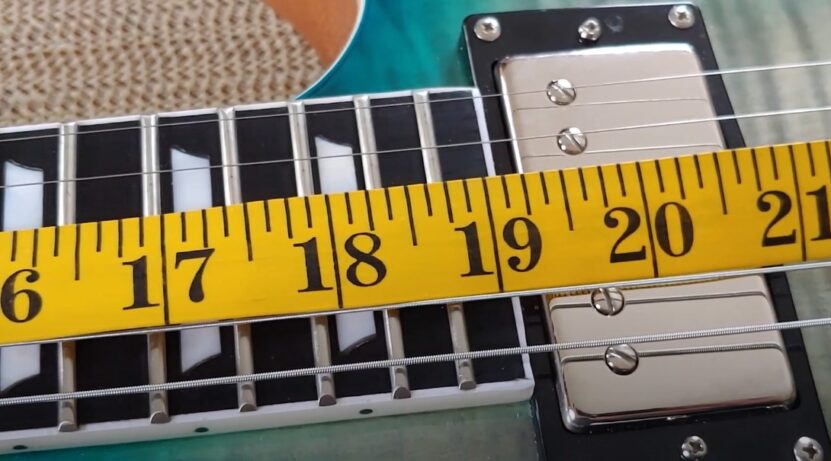
You might be thinking, “Why should I care about scale length?” It’s a valid question, and the answer lies in how much it affects everything from the tone of your guitar to how easy it is to play. Let’s dig into the key reasons why scale length is a big deal.
1. String Tension
One of the most immediate effects of scale length is on string tension. A longer scale length means your strings are stretched tighter to reach the same pitch. This higher tension translates into a brighter, more defined tone with greater sustain.
It’s like pulling a rubber band tighter—the more tension, the sharper and snappier the sound. On the flip side, a shorter scale length gives you a warmer, mellower sound.
The strings are under less tension, making them easier to press down, which is a blessing for fingerstyle players or those of us with smaller hands. You’ll notice a more relaxed, rounded tone that’s perfect for genres like blues or folk. Just make sure to replace your aging strings once a month.
2. Playability

Scale length also impacts how the guitar feels in your hands. With a longer scale length, the frets are spaced further apart. That might not sound like much, but it can make a big difference when you’re trying to reach those higher notes.
It’s like asking your fingers to stretch just a little more, and over time, that can affect your comfort and playability. Conversely, shorter scale lengths bring the frets closer together, making it easier to navigate the fretboard.
If you have smaller hands or prefer not to stretch too much, a shorter scale length might be your best friend. The overall feel of the guitar neck becomes more compact and manageable, making it more inviting for beginners or those who like a more laid-back playing style.
3. Tonal Characteristics
The scale length has a direct impact on the sound that comes out of your guitar. Longer scale lengths tend to produce a bright, articulate tone with plenty of sustain. The increased string tension means the strings vibrate more vigorously, leading to a sound that’s rich in overtones and clarity.
This is why many players who favor genres requiring sharp, clear tones—like rock or country—opt for longer scale guitars. Shorter scale lengths, on the other hand, produce a tone that’s warmer and more blended.
The reduced tension allows for a softer attack and a smoother sound, which can be incredibly appealing for more intimate styles of music. Whether you’re fingerpicking a folk tune or strumming softly, a shorter scale guitar will give you that gentle, mellow tone that feels like a warm hug.
4. Intonation and Harmonics
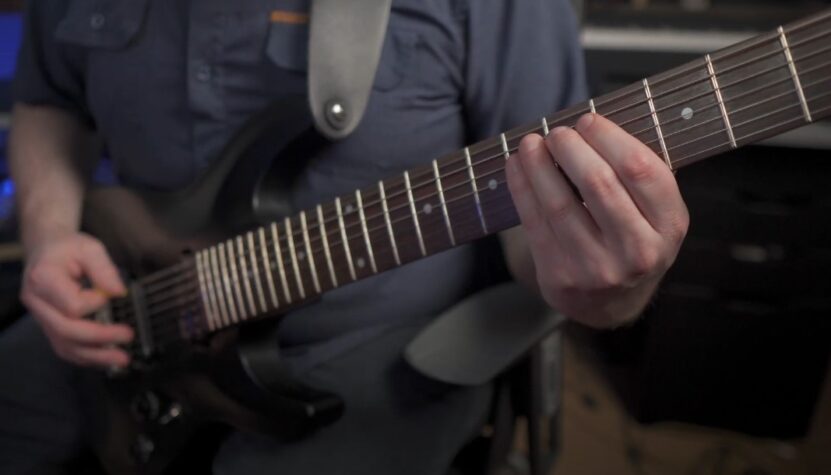
Intonation refers to how accurately your guitar stays in tune as you move up and down the fretboard. Scale length plays a crucial role here. A longer scale length gives more room to space the frets correctly, which generally leads to better intonation across the board.
However, this also means there’s less margin for error; the higher tension and longer strings can magnify any minor inaccuracies. Shorter scale lengths tend to be more forgiving in terms of intonation, especially in the lower frets. However, as you move higher up the fretboard, you might notice some slight deviations depending on the guitar’s construction.
But generally speaking, shorter scales are easier to intonate correctly, making them a solid choice for players who value ease of tuning.
5. Suitability for Different Playing Styles
Different scale lengths lend themselves to different playing styles. A longer scale length is often the go-to for players who like to tune down or use heavier gauge strings. The added tension helps maintain clarity and stability, even in lower tunings.
So, if you’re into genres that demand punchy, articulate tones, a longer scale might suit your needs. For those who prefer lighter strings or play primarily in standard tuning, a shorter scale length might be more up your alley.
The reduced tension makes it easier to fingerpick or strum softly, offering a more responsive and expressive playing experience. It’s like the guitar reacts more to your touch, giving you a nuanced, personal sound.
Common Scale Lengths and Their Characteristics
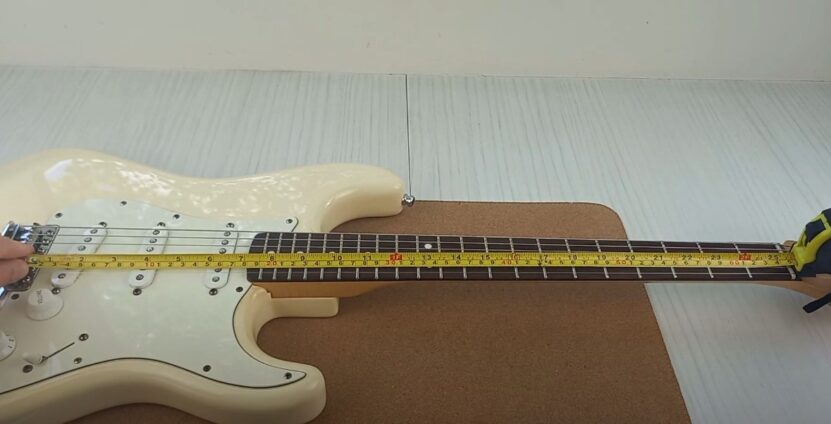
Let’s take a look at some common scale lengths and what they bring to the table:
25.5 Inches (Long Scale)
- Tone: Bright, clear, with strong sustain.
- Playability: Requires more finger stretch, ideal for drop tunings and heavier strings.
- Best For: Rock, country, and any genre needing a sharp, articulate tone.
24.75 Inches (Short Scale)
- Tone: Warm, rounded, with a softer attack.
- Playability: Easier on the fingers, especially for those with smaller hands.
- Best For: Blues, folk, or any style where a mellow tone is desired.
25.0 Inches (Medium Scale)
- Tone: A balanced mix between bright and warm.
- Playability: Comfortable, with a versatile fret spacing.
- Best For: A wide range of genres, suitable for players who want a bit of everything.
26 Inches or More (Baritone Scale)
- Tone: Deep, resonant, perfect for lower tunings.
- Playability: Requires more strength, but the payoff is in the rich, bass-heavy tones.
- Best For: Experimental genres, metal, or anything needing a low, booming sound.
How to Choose the Right Scale Length for You
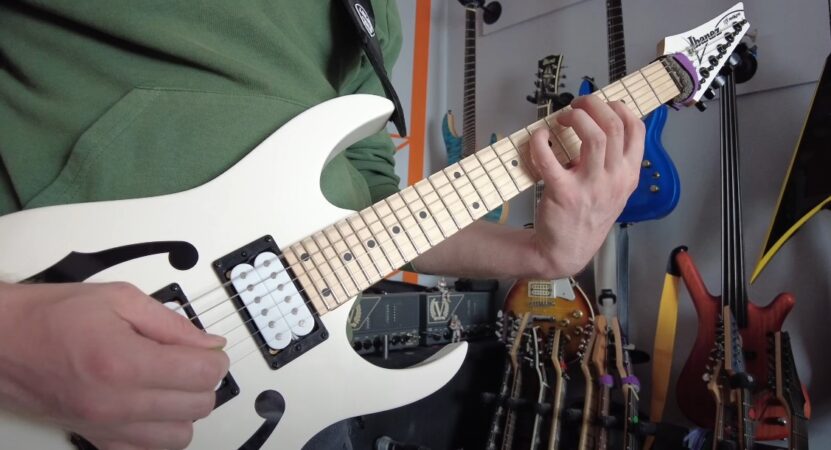
Choosing the right scale length can feel a bit like finding the right pair of shoes—it has to fit just right. Here are some tips to help you decide:
- Consider Your Playing Style: If you love bright, clear tones and don’t mind a bit of finger stretch, a longer scale length might be your thing. On the other hand, if you prefer warmer tones and easy playability, a shorter scale might suit you better.
- Think About Your Physical Comfort: If you have smaller hands or find it tough to reach certain notes, a shorter scale length could make playing more enjoyable. Conversely, if you like the feel of a more spacious fretboard, go for a longer scale.
- Test Different Guitars: The best way to know what works for you is to try out guitars with different scale lengths. See how they feel and sound. The right one will just click—it’ll feel like an extension of you.
Summary
Scale length might not be the first thing that comes to mind when choosing a guitar, but it plays a huge role in shaping your playing experience. Whether it’s the tone, the feel, or the way the guitar responds to your touch, scale length matters more than most of us realize.
The good news is that there’s no one-size-fits-all answer. It’s all about what feels and sounds right to you. Whether you’re a seasoned player or just starting out, paying attention to scale length can help you find a guitar that truly matches your style and makes playing a joy.
Related Posts:
- What Is a Bridge in a Song and Why Is It Important?
- Complete Guide to Identifying Acoustic Guitar Shapes…
- Does Winamp Still Exist in 2025? A Look at the…
- What Does “Skip to My Lou” Mean? - You'll Be Surprised!
- How to Adjust Your Acoustic Guitar’s Truss Rod - A…
- How Do Guitar Strings Age and When Should You Change Them?



